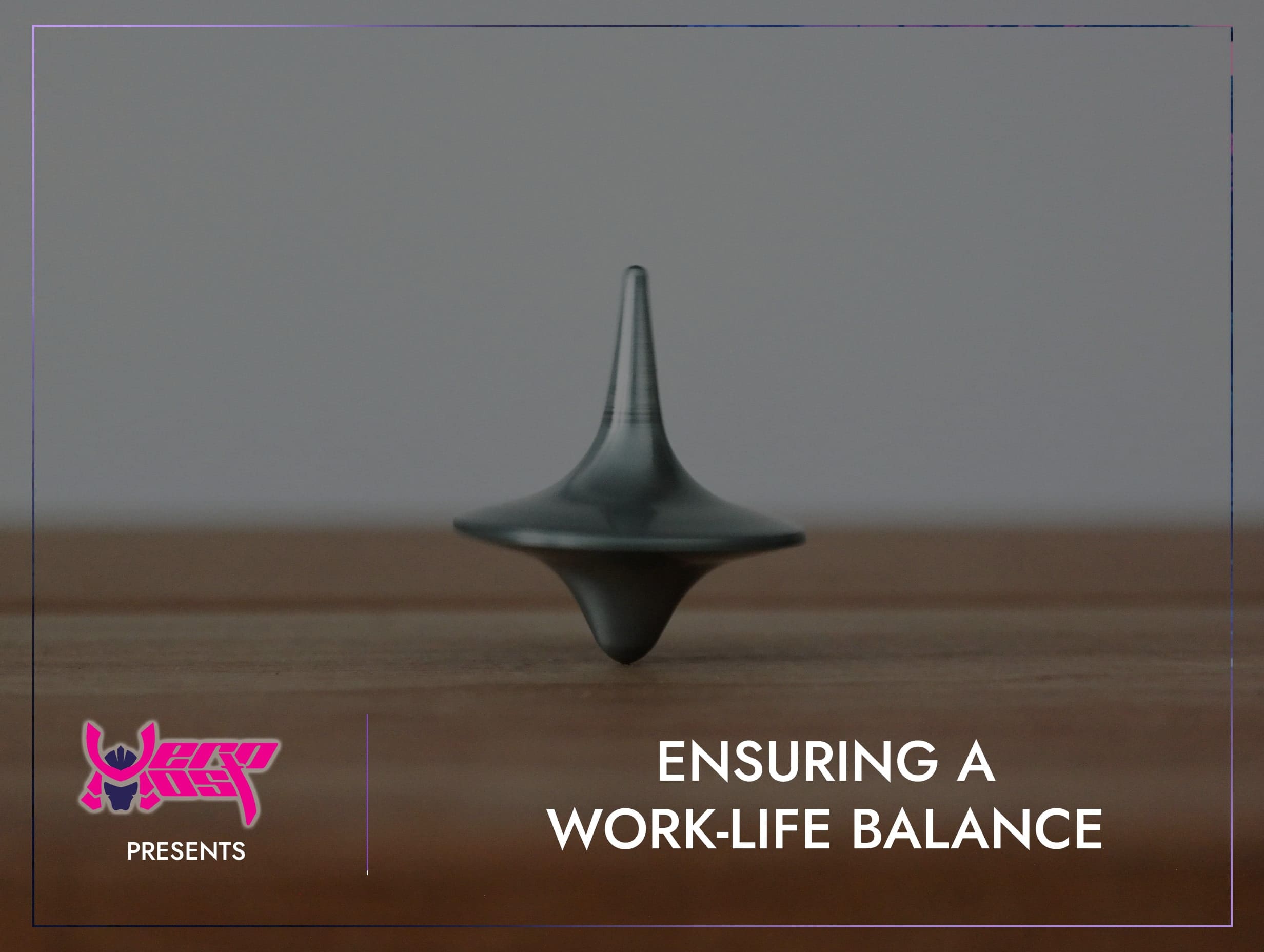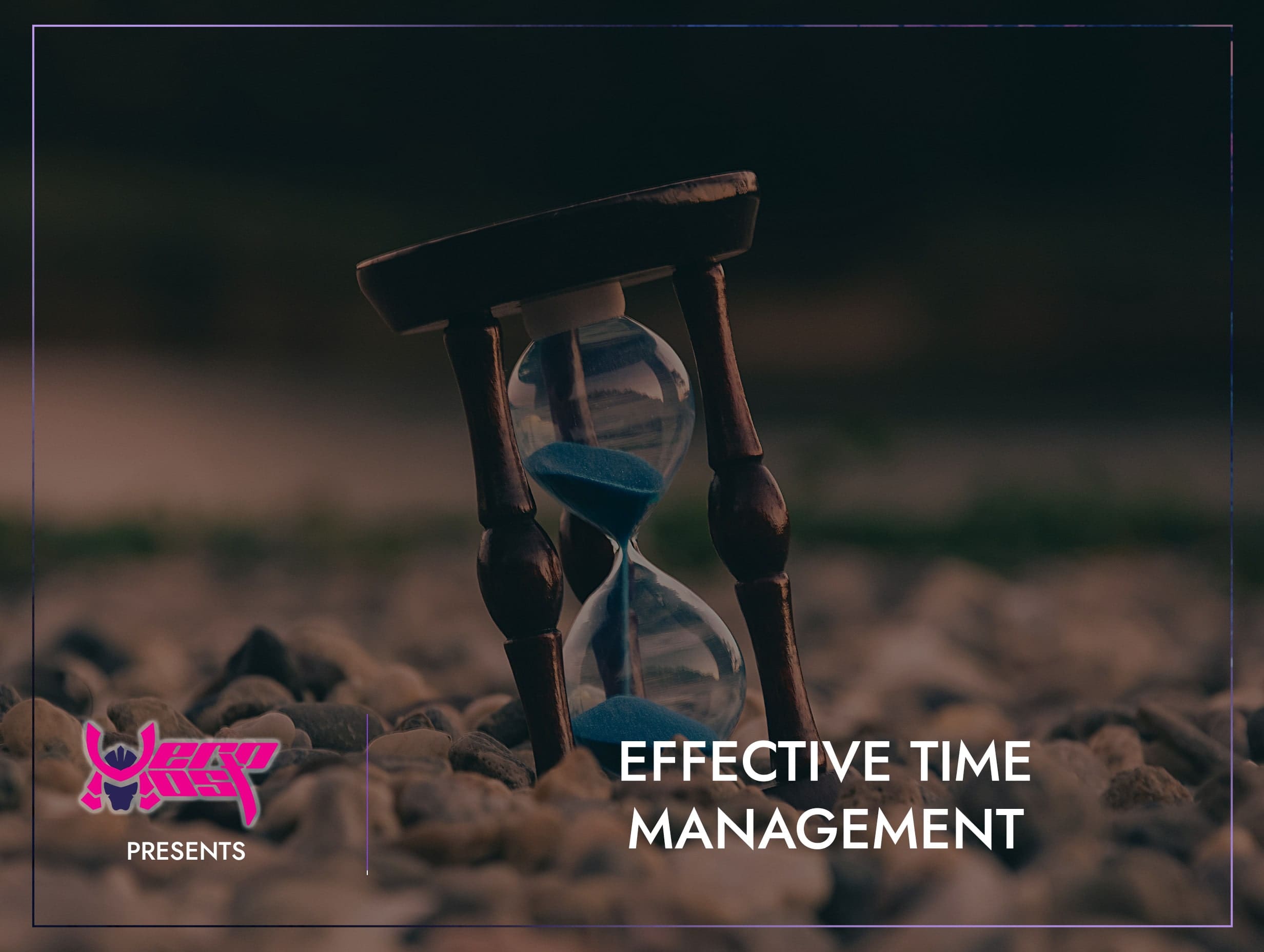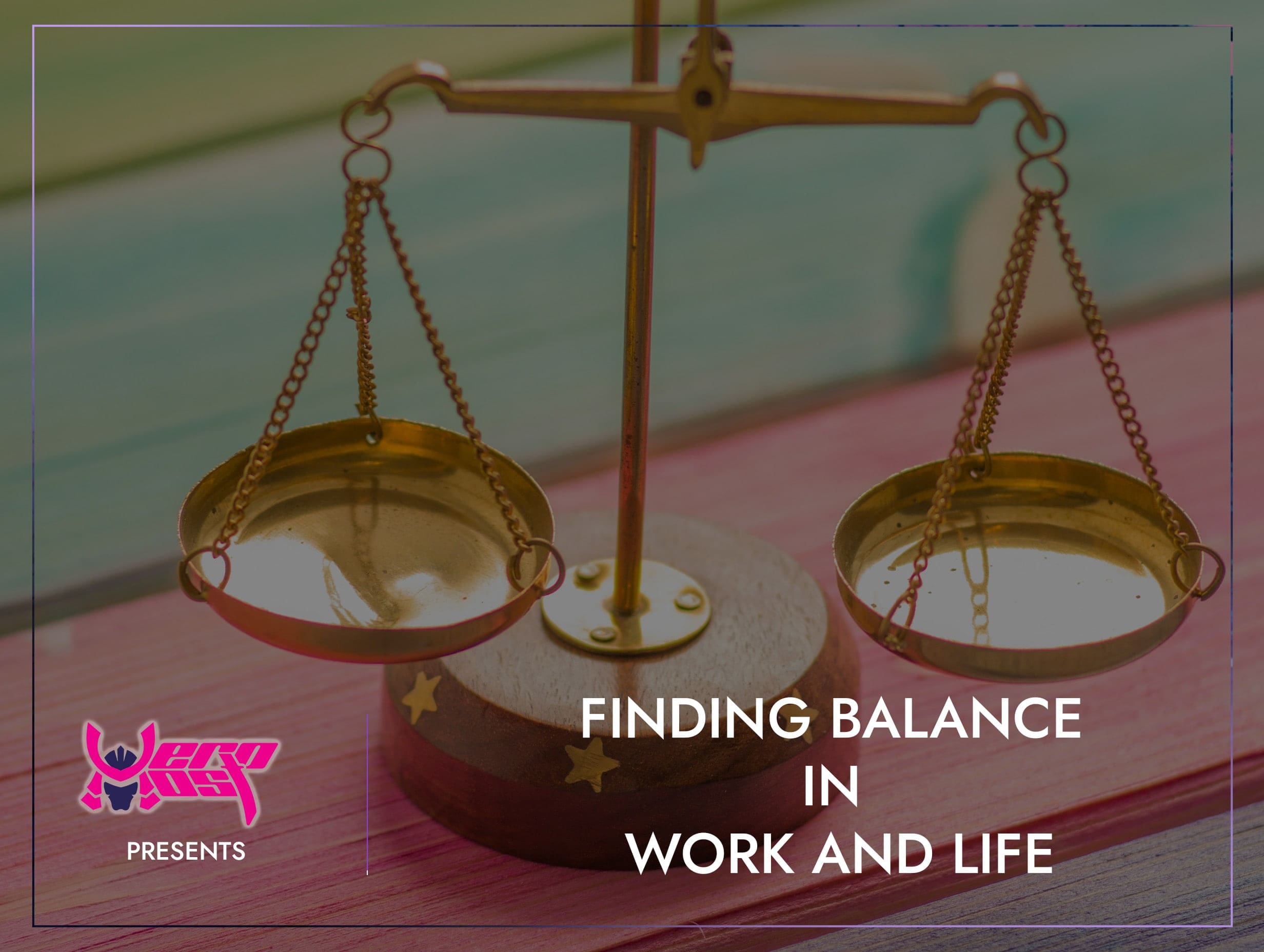Ensuring a Work-Life Balance
- Home
- Business Insights
- Ensuring a Work-Life Balance

- Mikey Ryu
- June 17, 2024
- 0
Ensuring a Work-Life Balance
In today’s fast-paced world, achieving a work-life balance has become increasingly challenging. As technology blurs the boundaries between work and personal life, it is crucial to find ways to maintain a healthy balance. This article explores strategies to help you ensure a work-life balance, leading to greater productivity, satisfaction, and overall well-being.
Understanding Work-Life Balance
Work-life balance refers to the equilibrium between professional responsibilities and personal activities. It is about finding a harmonious balance where work does not overshadow personal life and vice versa. Achieving this balance is essential for maintaining mental and physical health, fostering relationships, and enhancing job satisfaction.
The Importance of Work-Life Balance
Maintaining a work-life balance is critical for several reasons:
Reduces Stress and Burnout:
Constant work pressure can lead to stress and burnout. Balancing work with personal time helps in managing stress levels and prevents burnout.
Improves Physical Health:
A balanced life encourages regular exercise, adequate sleep, and a healthy diet, contributing to better physical health.
Enhances Mental Well-Being:
Taking time for personal activities and hobbies can improve mental well-being and lead to a happier, more fulfilling life.
Boosts Productivity:
Employees who maintain a work-life balance are often more productive and engaged in their work.
Strengthens Relationships:
Spending quality time with family and friends fosters stronger relationships and a supportive network.
Strategies for Ensuring Work-Life Balance
Achieving a work-life balance requires deliberate effort and practical strategies. Here are some effective approaches:
1. Set Clear Boundaries
Establishing clear boundaries between work and personal life is crucial. Define specific work hours and stick to them. Avoid checking emails or taking work calls outside these hours. Communicate these boundaries with your colleagues and supervisors to manage expectations.
2. Prioritise and Delegate
Identify your priorities and focus on what is most important. Learn to delegate tasks that can be handled by others. Delegation not only lightens your workload but also empowers your team members and fosters a collaborative work environment.
3. Plan and Organise
Effective planning and organisation can help manage your time efficiently. Use tools like calendars, to-do lists, and project management software to keep track of tasks and deadlines. Allocate specific time slots for work, family, hobbies, and relaxation.
4. Take Regular Breaks
Incorporate regular breaks into your workday. Short breaks can rejuvenate your mind and improve focus. Step away from your desk, take a walk, or practice mindfulness exercises to refresh your mind.
5. Learn to Say No
It is essential to recognise your limits and learn to say no when necessary. Overcommitting can lead to stress and imbalance. Politely decline additional tasks or projects that do not align with your priorities or workload capacity.
6. Practice Self-Care
Self-care is a vital component of work-life balance. Engage in activities that promote relaxation and well-being, such as yoga, meditation, reading, or spending time in nature. Prioritise self-care to recharge your energy and maintain a positive mindset.
7. Utilise Flexible Work Arrangements
Many organisations now offer flexible work arrangements, such as remote work, flexible hours, or compressed workweeks. Take advantage of these options to create a schedule that suits your personal needs and responsibilities.
8. Foster a Supportive Work Environment
A supportive work environment can significantly impact work-life balance. Encourage open communication, teamwork, and mutual respect within your workplace. Supportive colleagues and supervisors can make it easier to manage work demands and personal commitments.
9. Set Realistic Goals
Setting realistic and achievable goals is crucial for maintaining balance. Break down larger tasks into smaller, manageable steps. Celebrate your accomplishments and recognise when you have reached your limits.
10. Seek Professional Help if Needed
If you find it challenging to achieve a work-life balance, consider seeking professional help. A career coach or counsellor can provide guidance and strategies tailored to your specific situation. They can help you develop effective coping mechanisms and improve your overall well-being.
Balancing Work and Family Life
Balancing work and family life can be particularly challenging. Here are some tips to help you manage both effectively:
1. Communicate with Your Family
Open communication with your family members is essential. Discuss your work commitments and involve them in creating a schedule that accommodates everyone’s needs. Ensure that your family understands your work boundaries and respects them.
2. Schedule Quality Family Time
Plan regular family activities and make them a priority. Whether it’s a weekly game night, a weekend outing, or simply having dinner together, quality family time strengthens bonds and provides a sense of fulfilment.
3. Share Responsibilities
Distribute household responsibilities among family members. Sharing chores can alleviate the burden on one person and create a sense of teamwork. It also teaches children valuable life skills and promotes a cooperative family environment.
4. Be Present in the Moment
When you are with your family, be fully present. Put away work-related devices and focus on enjoying the moment. Engaging in meaningful conversations and activities strengthens relationships and creates lasting memories.
5. Seek Childcare Support
If you have young children, consider seeking reliable childcare support. This can be in the form of daycare, a nanny, or family assistance. Knowing your children are in safe hands allows you to focus on work without constant worry.
Conclusion
Achieving a work-life balance is essential for a fulfilling and healthy life. By setting clear boundaries, prioritising tasks, and practising self-care, you can manage your professional and personal responsibilities effectively. Remember that work-life balance is an ongoing process that requires continuous effort and adjustment. Implementing these strategies will lead to improved well-being, stronger relationships, and greater productivity in all areas of life. Start today and take the first step towards ensuring a harmonious work-life balance.
Search
Categorys
- Branding (12)
- Business Growth Guides (3)
- Business Insights (3)
- Content Marketing (43)
- Domain Authority (19)
- Email Marketing (28)
- Google Analytics & Search Console (5)
- Hack or Not (2)
- Hero Host News (0)
- Inbound Marketing (32)
- Lessons From Asia (40)
- Marketing Guides (11)
- Martial Arts Journey (14)
- Outbound Marketing (8)
- Search Engine Optimisation (SEO) (41)
- Social Media Marketing (38)
- Web Design (20)
- Website Hosting (4)
- Wordpress (2)





